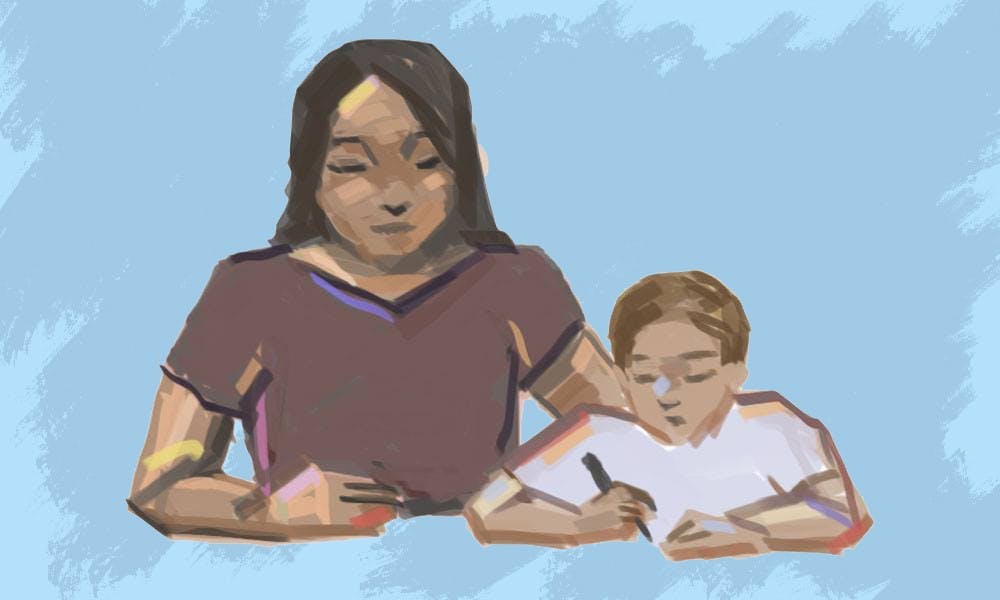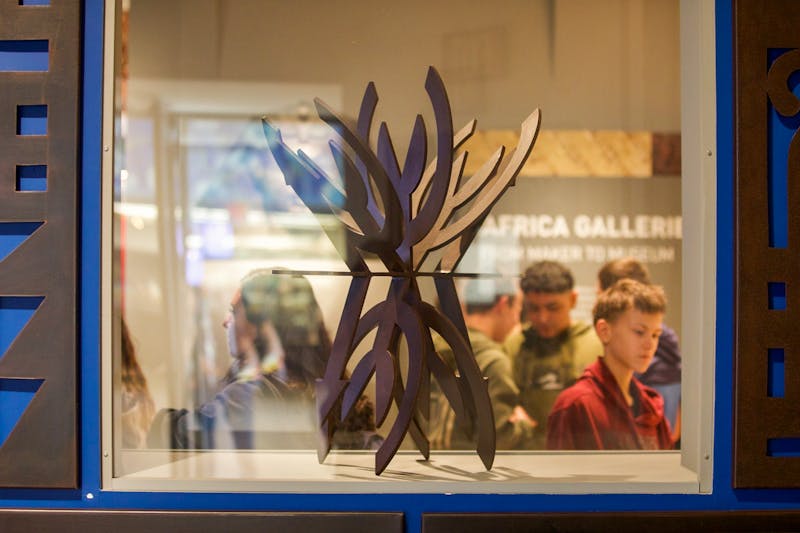
Penn’s long and sordid history of the expansion and displacement of thousands of indigent Philadelphians — a process known as “Penntrification” — is hardly a secret. Many humanities classes study it as a microcosm for urban renewal gone awry, and a Google search will tell you all you need to know in seconds. And the problem is exacerbated by our complacency.
Upon applying to Penn, I was told there would be limitless opportunities for improving Penn’s problematic relationship with Philadelphia. While I wasn’t necessarily lied to, my naivete allowed me to overestimate the number of students who would voluntarily engage in this type of work, and wrongly assume there would be more students of color involved.
The “Penn Bubble” is so capable of distorting our perceptions of the outside world that many of my peers aren’t even aware that Philadelphia is a majority non-white city. Unless forced to, many people don’t see a need to engage in community service, unless it’s part of a class, and that class is required for either general education or major/minor credits. And venturing into Philadelphia is often only undertaken for birthday dinners at The Cheesecake Factory, Thursday night “downtowns,” or weekend shopping trips. This needs to change.

On my first day of tutoring at James Rhoads Elementary School in West Philadelphia — my personal attempt at escaping the Penn bubble — four black female students ran over to me the second I walked into the room, obviously thrilled to see someone who looked like them. I was taken aback, simultaneously filled with pride and disappointment. Pride because they wanted me and I would get the chance to be a source of inspiration, and disappointment because only one of those girls would get to work with me, due to our pitiful ratio. While Penn’s West Philadelphia Tutoring Project is a group that claims it is “diverse,” there are only two black student tutors in my section, and I am the only black woman. When working for an elementary school that is 92 percent black and 100 percent people of color, this is a huge problem.
The students at Rhoads Elementary live right around the corner from Penn, yet feel that Penn is as inaccessible as if it were a plane ride away, due to their overworked parents and unstable living conditions, as well as the school's negligible resources and underpaid — sometimes under-qualified — teachers. The students’ feeling of being shut out is magnified when none of Penn’s tutors look like them. As studies have shown, this can be ameliorated with black mentors who will enable the black students to realize that higher education is possible, and then actually go on to graduate high school and attend college.
Since joining the West Philadelphia Tutoring Project, I’ve found myself living in two completely different worlds, one in which the most stressful part of life is deciding which sorority or fraternity to join, and the other in which children can’t even say “See you next week!” with any sense of definiteness, knowing that anything could happen in between. Given these extreme inequities in our education system, we need to put our problems into perspective.
Penn needs more students of color to join not only the Tutoring Project, but any type of community service that focuses on helping Philadelphia’s children and other indigent residents. We must accept that we didn’t get into Penn just because we’re smart, but because we have privilege and luck. And we must use our privilege to help those who don’t have our luck.
In any community, but particularly in a minority community, it is important to give back and benefit as many as possible. A few hours a week really isn’t much considering that the benefits we reap from Penn are at the expense of these children; the “every person for themselves” attitude is completely counterproductive and frankly, offensive. It is our job to look out for the next generation of students of color and help them the best we can, because if we don’t, who will?

HADRIANA LOWENKRON is a College freshman studying Urban Studies and Journalism. Her email address is hadriana@sas.upenn.edu.
The Daily Pennsylvanian is an independent, student-run newspaper. Please consider making a donation to support the coverage that shapes the University. Your generosity ensures a future of strong journalism at Penn.
Donate






